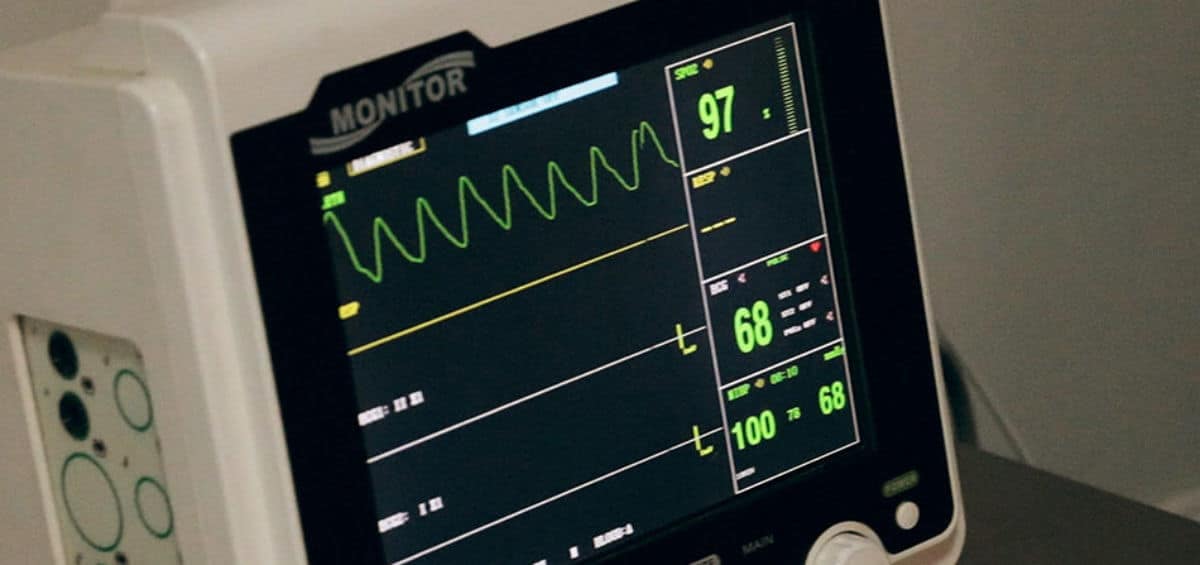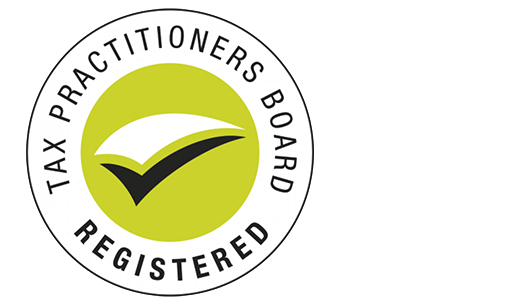The Medicare Levy is a tax that assists in funding the public health care system. The majority of Australians pay this tax, which provides all Australians access to quality health care. However, the Medicare Levy Surcharge is an extra tax on top of the Medicare Levy, which only applies to people who are not exempt (i.e. high income earners who don’t have private Hospital insurance).
When it comes down to it, the more income you earn, the more it pays to have hospital cover come crunch time, to avoid paying extra tax.
How much is the Medicare Levy?
For the majority of eligible taxpayers, the levy currently stands at 2% of your taxable income. However, if new legislation is passed, this levy will be increased to 2.5% from July 2019. A Medicare Levy Calculator is available on the ATO website to help you work out your financial obligation.
Who is exempt from paying the Medicare Levy?
The following people are exempt:
- Singles whose taxable income is less than $21,655 for the 2017 financial year.
- Single seniors or pensioners whose income is less than $34,244 for the 2017 financial year; and entitled to the Seniors and Pensioners Tax Offset.
- Families whose combined household income is less than $36,541 for the 2017 financial year (plus $3,356 for each dependent child or student).
- Families of eligible seniors and pensioners whose combined household income is less than $47,670 for the 2017 financial year.
OR
- You suffer certain medical conditions
- You’re a foreign or Norfolk Island resident
- You’re not entitled to Medicare benefits – i.e. because you are not an Australian citizen.
Is everyone charged at the same rate?
There are some instances where people will be charged only a partial Medicare Levy. This occurs if the person’s taxable income for the 2017 financial year was above the exemption threshold, but less than the following amounts:
- Singles: Less than $27,069
- People entitled to Seniors and Pensioners Tax Offset: Less than $42,806
- Families: Less than $45,676 (plus $4,195 for each dependent)

Anyone who doesn’t have an appropriate level of private hospital insurance may be eligible to pay the Medicare Levy Surcharge, depending on your amount of taxable income. If you are single and your taxable income is over $90,000, or your combined family income is over $180,000, then you will be charged an extra amount on top of the 2% Levy. This surcharge can range from an additional 1% to 1.5%, depending on your income level.
How can you avoid paying the Medicare Levy Surcharge?
The only way to get around not paying extra tax through the Medicare Levy Surcharge is to take out hospital insurance. If you purchase hospital insurance part way through the financial year you will still pay the surcharge for the part of the year that you weren’t covered. You will only completely avoid the surcharge when you’ve held hospital cover for a full financial year. Please note, that general treatment cover without Hospital cover will not provide an exemption to the surcharge.
If you would like to know more about the Medicare Levy and Medicare Levy Surcharge, please don’t hesitate to get in contact with us on 6267 2200.
Optima Partners – Your Pathway to Personal and Financial Security!
Sarah Koios – Accountant







Leave a Comment